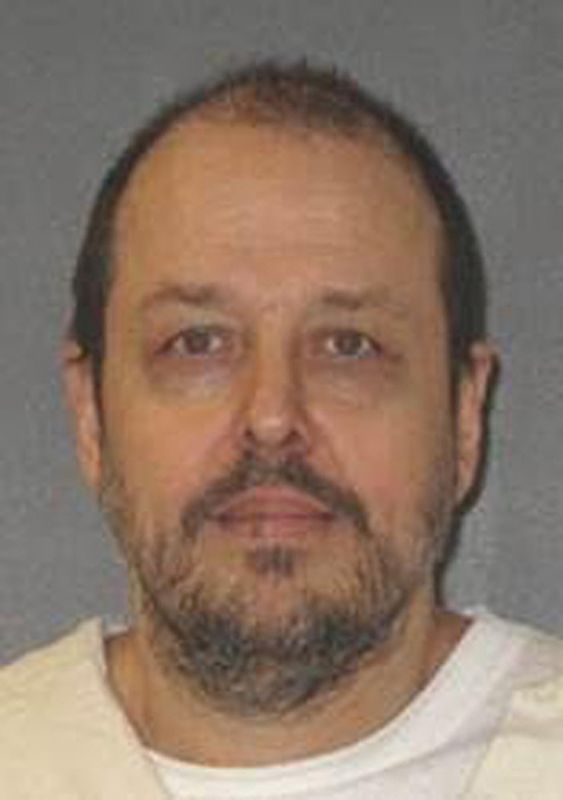By Jonathan Allen
(Reuters) – A person on demise row in Texas who had anticipated to be executed on Thursday evening is now set to testify subsequent week earlier than the state lawmakers who imagine he might have been wrongly convicted of murdering his 2-year-old daughter and secured him a rare reprieve.
Robert Roberson, 56, had been scheduled for the execution by deadly injection. He was convicted in 2002 primarily based on a since-discredited understanding of shaken child syndrome.
Lawmakers within the Republican-controlled state Home of Representatives have been reviewing Roberson’s case as they debate whether or not to strengthen a Texas statute that addresses convictions linked to so-called junk science.
Roberson has mentioned he discovered that his daughter, Nikki, had fallen away from bed and, quickly after, stopped respiration – days after a health care provider identified her with a viral an infection and prescribed drugs that, in accordance with medical specialists, shouldn’t be given to younger youngsters.
In recent times, medical doctors have mentioned that shaken child syndrome abuse happens and may trigger signs that mind scans confirmed Nikki had, however that these additionally could also be current in instances during which no abuse befell.
Roberson had repeatedly and unsuccessfully sought a brand new trial after Texas handed a 2013 regulation that gave convicted folks a brand new avenue to attraction if their prosecution had turned on scientific proof and hypotheses that had since turn out to be outdated or debunked.
On Wednesday, the lawmakers voted to concern a subpoena for Roberson to testify earlier than the Home Committee on Prison Jurisprudence. On Thursday, they secured an order from a Texas decide staying the execution and forbidding state officers from stopping Roberson from answering the subpoena.

Roberson is anticipated to seem in individual on the state Capitol in Austin on Monday afternoon.
“This was an extraordinary maneuver by these Texas lawmakers, and it did the trick,” mentioned Robin Maher, director of the Washington-based Dying Penalty Data Middle. “What I hope is that everyone involved in this case, particularly state officials pushing for a new execution date, will have an opportunity to reconsider their options.”




